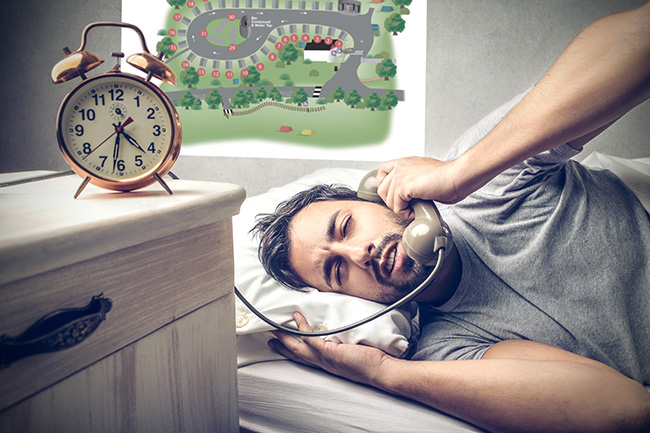Wardens - On call or standby time
Many parks have wardens who provide security and look after the users of the park when the day time park staff are not at work. Often this will be at night. Wardens can spend a great deal of their time 'on call' or on 'standby'.
If you do employ wardens, then you need to make sure they are being paid correctly. We have seen a number of examples recently of employees seeking considerable compensation or settlement payments from their employers because they argue that they have been underpaid. This can add up to significant sums.
For example, if a warden is paid £10 per hour and they are on standby for 8 hours a night for 260 days of the year and they have not been paid for that time, then the amount they may have been underpaid is £20,800. Not only will this affect your profitability, but to add insult to injury you may not have complied with your minimum wage obligations and so your business may be named and shamed publicly, thereby damaging your brand, goodwill and future income.
But the rules surrounding warden pay in this area of “on call” or “standby” are unclear
Should wardens be paid for on call or standby time?
A recent court of appeal case in the care industry sector has clarified the rules to some extent for the care industry, but there is no easy answer to this question for the park industry. In addition, each business is different and treats its wardens differently. To add to the confusion, consent to appeal the care industry decision is being sought. So even the latest case law is uncertain.
In the care industry “sleep in” residential care workers (those that are required to attend the work place, be on call and sleep) are only entitled to be paid when they are awake and “actually working” not when they are asleep and simply “available for work”.
So it would be nice to be able to say if the warden is expected to be on or near the park and asleep, they are available for work and not actually working. Therefore they do not have to be paid for those hours of availability when they are not actually working.
What though happens if the warden is expected to do a round to check the site every few hours. Are they to be paid for the time they do the round or for the whole of the night? What happens if all the warden has to do is check the CCTV every so often from their accommodation. Is that “actually working”?
What their contract of employment says is also important. Are they paid a salary and not an hourly rate? If so, do all the hours actually working when divided by the salary add up to a rate at more or less than the national minimum wage? Or are they paid an hourly rate for when they are working? If so, how do you know you are paying the right amount if it is not clear if they are working or not.
Because the latest case applies to care workers it is not certain it applies to the holiday park sector and so other influencing factors may have to be taken into account such as:
- how close to the place of work is the warden required to remain?
- If you provide accommodation, is the warden at work or at home?
- what other restrictions are placed on them - for example, can they drink alcohol, are they allowed to be uncontactable for any length of time or must they remain awake?
- how quickly are they expected to respond when called to work?
- what happens if they do not attend work when called - are they disciplined? Or is their attendance considered helpful if possible, rather than compulsory?
Why does it matter?
If an employee is deemed to be working at any particular time, regardless of whether you have labelled it on call or standby time, then they have a right to be paid at least the National Minimum Wage.
They may also have not been receiving the correct amount of holiday pay or rest periods.
All of which means that claims for none payment of wages could be significant and potentially go back many years. And usually such claims will not be covered by any insurance policy.
Your business may also be publicly named and shamed causing damage to your brand and future income.
Many employees may not raise this as an issue until you fall out with them over something else. In which case the employee could look into it and what may have initially been a small issue becomes a much larger one.
What should I do?
If you think that this may be an issue for your business, please take action sooner rather than later as steps can be taken to reduce any potential liability.
- On a strictly confidential basis without alerting the employee(s), gather the factual background and useful documents - including pay records, the employment contract and any staff handbook.
- Consider the potential liability to understand how big an issue this could be to your business.
- Consider making changes to your employment documentation, working practices and taking other steps to reduce your risks.
As many parks are now coming to the end of the holiday season, it is a good time to start reviewing the position of your wardens and if there is an issue change things in time for the beginning of next season.
We completely understand it is often not clear what the situation is. However, experience of similar cases can be useful when deciding whether you do have a potential problem or not or what to do about it.
If you would like any further information on this or assistance with calculating any potential cost and advice on how to reduce that cost please contact us.
As specialists and solicitors to the caravan and holiday park industry we offer other services which will assist your park and business. Please visit our website at www.sjplaw.co.uk/business/holiday-parks for further information.




















